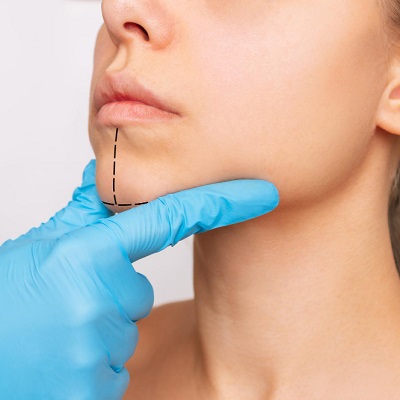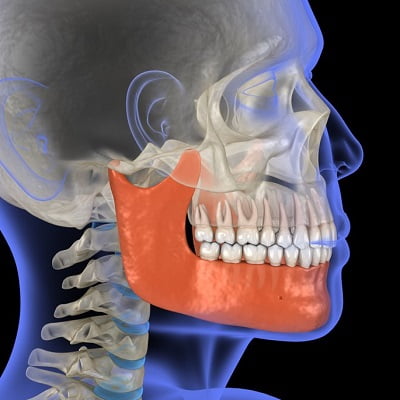Why Choose SKN Cosmetics?
- Competitive prices, exceptional value for your investment.
- Custom-priced procedures to match unique goals
- Affordable and transparent cost plans
- Advanced techniques and expert surgeons with justified costs.
- Flexible cost packages
Are you struggling with a misaligned jaw that is making your life uncomfortable? Tired of struggling with chewing, biting, and speaking comfortably due to jaw pain, but unsure how much jaw surgery will cost you ? Do to want to reshape your jawline that give you a balanced profile, but you fear it might be too expensive to fit in your budget? Explore a cost-effective therapy to refine your jaw and gain back your comfort over unease with the affordable Jaw Surgery Cost in Islamabad.
Jaw Surgery Cost in Islamabad- Beauty in Balance!
Jaw surgery or orthognathic surgery is a restorative procedure that repositions the upper and lower jaw to correct issues with functionality and appearance. The cost of jaw surgery in Islamabad is around 249,999 PKR – 279,999 PKR. This is a general estimate of the cost that can be changed according to individual needs and factors. You can get the exact cost at your initial consultation with the dentist.
Cost based on the Types of Jaw Surgery:
| Type of jaw surgery | Purpose | Cost (PKR) |
| Maxillary Osteotomy | Corrects misalignment
Overbite Gummy smile |
349,999 PKR- 5,99,999 PKR |
| Mandibular Osteotomy | Repositions to correct over- & underbite | 349,999 PKR- 6,99,999 PKR |
| Double jaw surgery | Corrects the alignment of both jaws | 7,99,999 PKR- 11,99,999 PKR |
| Genioplasty | Enhances the chin for facial balance | 249,999 PKR- 4,49,999 PKR |
| Orthognathic Surgery | Jaw realignment | 6,99,999 PKR- 14,99,999 PKR |
Pre-Surgical consultation Cost:
The cost of pre-consultation and digital assessment for the surgery is around 49,999 PKR- 99,999 PKR.
Factors affecting the cost of Jaw Surgery:
There are certain factors that can directly or indirectly impact the price of jaw surgery. Some of the common factors are;
Type of jaw Surgery:
The specific type of jaw surgery needed for an individual, like upper, lower, or double, can greatly influence the overall procedure cost. It can be decided according to the extent of correction done, which can influence the total price.
Diagnostic & 3D imaging tools:
Pre-evaluation of the surgery, which can involve 3D planning software, x-rays, and CT scans, is used to stimulate outcomes and help with a precise cut. These advanced tools are more costly and can increase the procedure cost significantly.
Anesthesia:
Anesthesia administration and the type of anesthesia used before the surgery will be added to the overall procedure price.
Additional Requirements:
Adding certain things in the procedure or after the surgery, like aligners, braces, to achieve optimal outcomes after the surgery, will have a greater impact on the expense.
Customized surgical plates & Implants:
Customizing surgical plates and implants for adjusting to the individual jaw will add to the total cost, hence the cost of the surgery can significantly increase higher the usual.
Discover Affordable Transformation, Book a Personalized Jaw Surgery Cost Plan Today!
Are you tired of living with a stuck jaw that has made it difficult to bite and chew? Do you wish for a balanced appearance without overspending on unnecessary add-ons? Schedule your appointment now! At SKN Cosmetics, we offer a comprehensive price guideline regarding your jaw surgery that can fit your budget with our effective and suitable jaw surgery cost in Islamabad, Rawalpindi & Pakistan.










